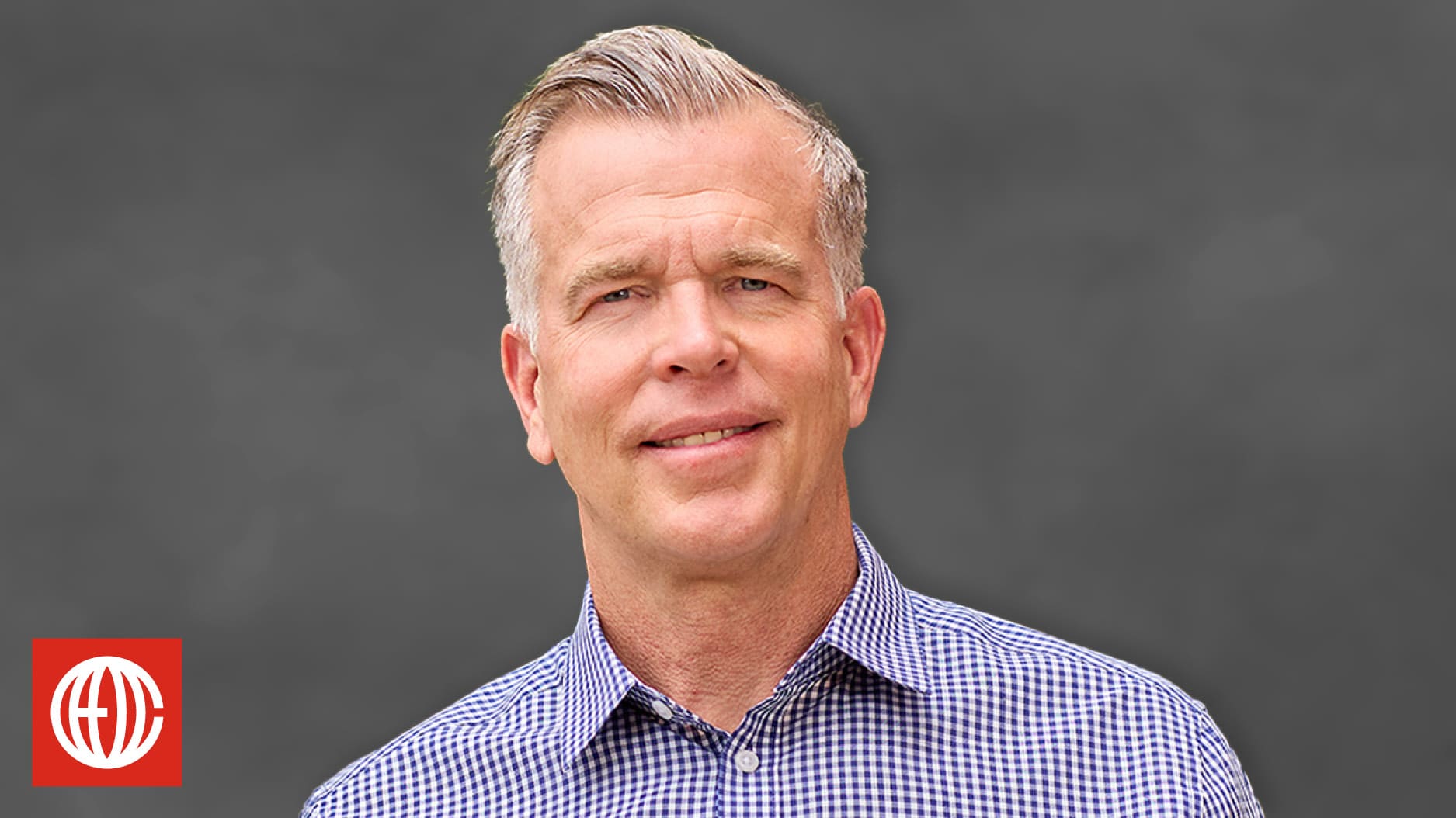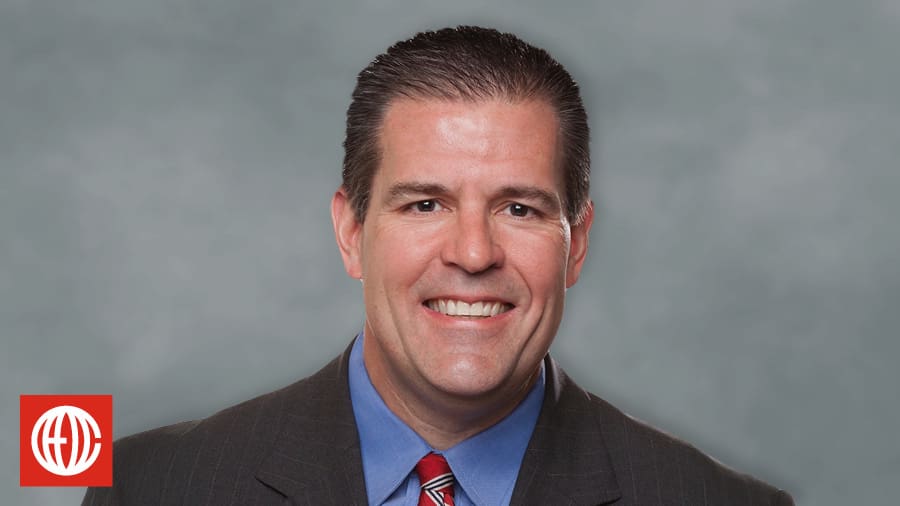
Guest: CEO Coaching International’s Gerry Perkel, the Former President of Xerox Office Printing Business. As CEO or Division President, Gerry has led 7 different organizations with revenue levels ranging from a $1 million start up all the way up to $2 billion. He has more than 30 years of experience in global markets, mergers and acquisitions, and facilitating profitable exits for shareholders.
Episode in a Tweet: Debate and commit to help your company find its best course through these complicated times.
Quick Background: If you really want to grow your business fast, you need to build a team that will disagree with you.
Does that sound counter-intuitive?
Well, it worked for Abraham Lincoln. Our greatest president famously assembled a “team of rivals” in his cabinet because he wanted to work with smart people who would challenge – and improve – his thinking.
So what does your “cabinet” look like? Is your C-suite full of Yes Men and Yes Women? Have you created an atmosphere where your best people are afraid to challenge you with their best ideas?
Either situation can be fatal to a company’s growth, especially in today’s uncertain and rapidly fluctuating economy. Right now, every business leader is being challenged to think outside the box and find innovative solutions to today’s unprecedented problems. In this podcast, Gerry Perkel describes how building a team that disagrees with you can help a CEO not only tackle the challenges that COVID-19 presents, but successfully grow their business to new heights.
Key Insights on “Debate and Commit” from Gerry Perkel
1. Encourage disagreement.
“The most important thing is to have the best ideas,” Gerry says. “It’s much more important to have the best ideas as to how to run the business than it is for those ideas to be mine as the CEO. And in order to accomplish that, you need a group of people in your leadership team that’s very comfortable with disagreeing with you and pushing back and telling you that you’re wrong when they think so, so that you can have that debate and that discussion that brings out the best ideas that the group has to offer.”
Of course, that conversation never happens if your C-suite is afraid that saying the wrong thing could land them in hot water. It’s not enough to tell your team that you want to hear every possible opinion. The CEO has to embrace healthy debate as one of his or her core values from day one.
“When I first get involved working with a leadership team, I talk to that as one of my core values,” Gerry says. “It’s very important to me that we have a lot of aggressive debate on various topics. I want people to speak their minds. And I do not have any problem with them disagreeing with me and pushing forth their ideas. I try to establish that from the very beginning.”
2. “Debate and commit.”
As CEO, you know your leadership team better than anyone. The specific format you use for a high-level debate is going to depend on the mix of personalities, temperaments, and talents you’ve put together. A simple round-table discussion will work for some teams. Letting everyone present their opinions uninterrupted followed by private voting might be appropriate for others. Some CEOs will ask team members to play devil’s advocate and take apart their own ideas. And some decisions might be so important that you call in a third-party facilitator like your entrepreneur coach to keep the conversation constructive and on point.

But whatever you decide is the best way to get your team talking, you also have to make it clear that the ultimate decision is the ultimate decision, whether it’s the group’s or yours as CEO.
Gerry Perkel says, “I call it ‘Debate and Commit.’ You have to ask questions to pull them out, pull their ideas out on the table. We have to have a very strong, rigorous debate of what we’re going to do. There’s a time for debate. Then there’s a time for implementation. And when we move to the implementation side, everybody’s got to commit and get on board as if it was their idea that carried the day, even though it might not have been.”
3. Buy in or move on.
Needless to say, these kinds of conversations can get heated, especially if you’re contemplating a major change to your products, services, or infrastructure that could radically alter your business. Part of your job as CEO is to keep the conversation productive and not personal so that dissenters still feel like they have a role to play moving forward.
“In that debate, it’s very important that anything goes so long as it’s not personal,” says Gerry Perkel. “Attack the ideas vigorously, don’t attack the people who are bringing forth the ideas. Secondly, as the leader, it’s very important that you not just talk the talk, but you walk the walk here. And what I mean by that is if you shut down discussion as soon as somebody disagrees with you, then nobody’s going to buy in to the fact that you really want vigorous debate. So you’ve got to be able to let that debate go and that discussion go and engage in it and maybe even look stupid, because your idea turns out to be flawed, because people have got data or experience or examples why it’s not going to work.”
Still, no matter how skillfully you orchestrate this debate, there could be team members who just aren’t willing to watch their idea get voted down. If you’re wondering how much passive aggressive grumbling or undermining you should tolerate, the answer is: not much.
“I used to say that if you buy in and you agree in this forum, you give up the right to disagree when you move to the next meeting,” Gerry Perkel says. “Sometimes it’s people just getting used to the debate and commit approach. So some discussion and training can get them over the top. And then there’s others that just can’t operate in that world. They’re what I’ll call ‘true believers.’ They have to believe in the idea 100% in order to implement it. And business is just too complicated for that. Nobody’s smart enough to have all the right ideas. Maybe they don’t fit in with the team and can’t operate with the principles that we’re looking for and we need to make a change.”
Top Takeaways
- Make sure your team is comfortable disagreeing with you. You hired these people because they’re the best at what they do. Don’t let your ego drown out their expertise.
- Debate should be focused and constructive. Don’t let a business discussion get personal.
- Once debate is over, commitment is a must. Once you’ve settled on the right strategy, everyone on your team needs to commit. Any team member who can’t commit, isn’t honoring the debate and commit principle and may need to move on.
About CEO Coaching International
CEO Coaching International works with CEOs and their leadership teams to achieve extraordinary results quarter after quarter, year after year. Known globally for its success in coaching growth-focused entrepreneurs to meaningful exits, the firm has coached more than 1,500+ CEOs and entrepreneurs across 100+ industries and 60 countries. Its coaches—former CEOs, presidents, and executives—have led businesses ranging from startups to over $10 billion, driving double-digit sales and profit growth, many culminating in eight, nine, or ten-figure exits.
Companies that have worked with CEO Coaching International for two years or more have achieved an average revenue CAGR of 31% (2.6X the U.S. average) and an average EBITDA CAGR of 52.3% (more than 5X the U.S. average).
Discover how coaching can transform your leadership journey at ceocoachinginternational.com.
Learn more about executive coaching | Meet our world-class coaches








